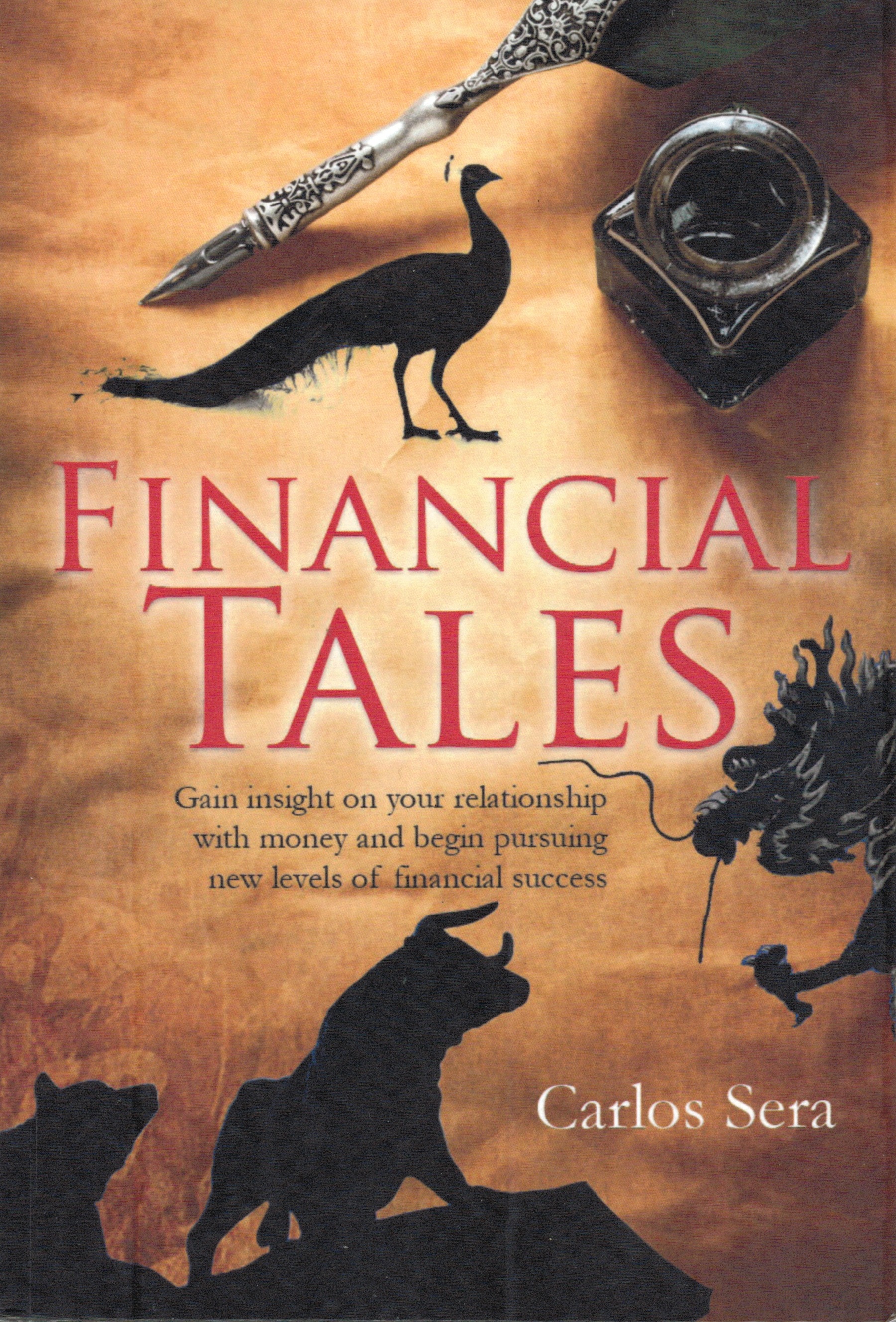This financial book is different from the 250+ other financial books that I have reviewed, and the hundreds of others I have read. ?It tells real life stories that the author has personally experienced, and the financial ramifications that happened as a result. ?Each?of the 60+ stories illustrates a significant topic in financial planning for individuals and families. ?Some end happy, some end sad. ?There are examples from each of the possible outcomes?that can result from people interacting with financial advice (in my rough large to small probability order):
- Followed bad advice, or ignored good advice, and lost.
- Followed good advice, and won.
- A mixed outcome from mixed behavior
- Followed bad advice, or ignored good advice, and won anyway.
- Followed good advice, and lost anyway.
The thing is, there is a “luck” component to finance. ?People don’t know the future behavior of markets, and may accidentally get it right or wrong. ?With good advice, the odds can be tipped in their favor, at least to the point where they aren’t as badly hurt when markets get volatile.
The stories in the book mostly stem from the author’s experience as a financial advisor/planner in Maryland. ?The stories are 3-6 pages long, and can be read one at a time with little loss of flow. ?The stories don’t depend on each other. ?It is a book you can pick up and put down, and the value will be the same as for the person who reads it straight through.
In general, I thought the author advocated good advice for his clients, family and friends. ?Most people could benefit from reading this book. ?It’s pretty basic, and maybe, _maybe_, one of your friends who isn’t so good with financial matters could benefit from it as a gift if you don’t need it yourself. ?The reason I say this is that some people will learn reading about the failures of others rather than being advised by well-meaning family, friends, and professionals. ?They may admit to themselves that they?have been wrong when they be unwilling to do it with others.
I recommend this book for readers who need motivation and knowledge to guide themselves in their financial dealings, including how to find a good advisor, and how to avoid bad advisors.
Quibbles
The book lacks generality because of its?focus on telling stories. ?It would have been a much better book if it had one final chapter or appendix where the author would take all of the lessons, and weave them into a coherent whole. ?If nothing else, such a chapter would be an excellent review of the lessons of the book, and could even footnote back to the stories in the book for where people could read more on a given point.
I know this is a bias of mine regarding books with a lot of unrelated stories, but I think it is incumbent on the one telling the stories to flesh out the common themes, because many will miss those themes otherwise. ?In all writing, specifics support generalities, and generalities support specifics. ?They are always stronger together.
An Aside
I benefited from the book in one unusual way: it gave me a lot of article ideas, which you will be reading about at Aleph Blog in the near term. ?I’ve never gotten so many from a single book — that is a strength of reading the ideas in story form. ?It can catch your imagination.
Summary / Who Would Benefit from this Book
You don’t need this book if you are an expert or professional in finance. ?You could benefit from this book?if you want to improve what you do financially, improve your dealings with your financial advisor, or get a good financial advisor. ?if you want to buy it, you can buy it here: Financial Tales.
Full disclosure:?The author sent a free copy?to me directly. ?Though we must live somewhat near to one another, and we both hold CFA charters, I do not know him.
If you enter Amazon through my site, and you buy anything, including books, I get a small commission. This is my main source of blog revenue. I prefer this to a ?tip jar? because I want you to get something you want, rather than merely giving me a tip. Book reviews take time, particularly with the reading, which most book reviewers don?t do in full, and I typically do. (When I don?t, I mention that I scanned the book. Also, I never use the data that the PR flacks send out.)
Most people buying at Amazon do not enter via a referring website. Thus Amazon builds an extra 1-3% into the prices to all buyers to compensate for the commissions given to the minority that come through referring sites. Whether you buy at Amazon directly or enter via my site, your prices don?t change.

